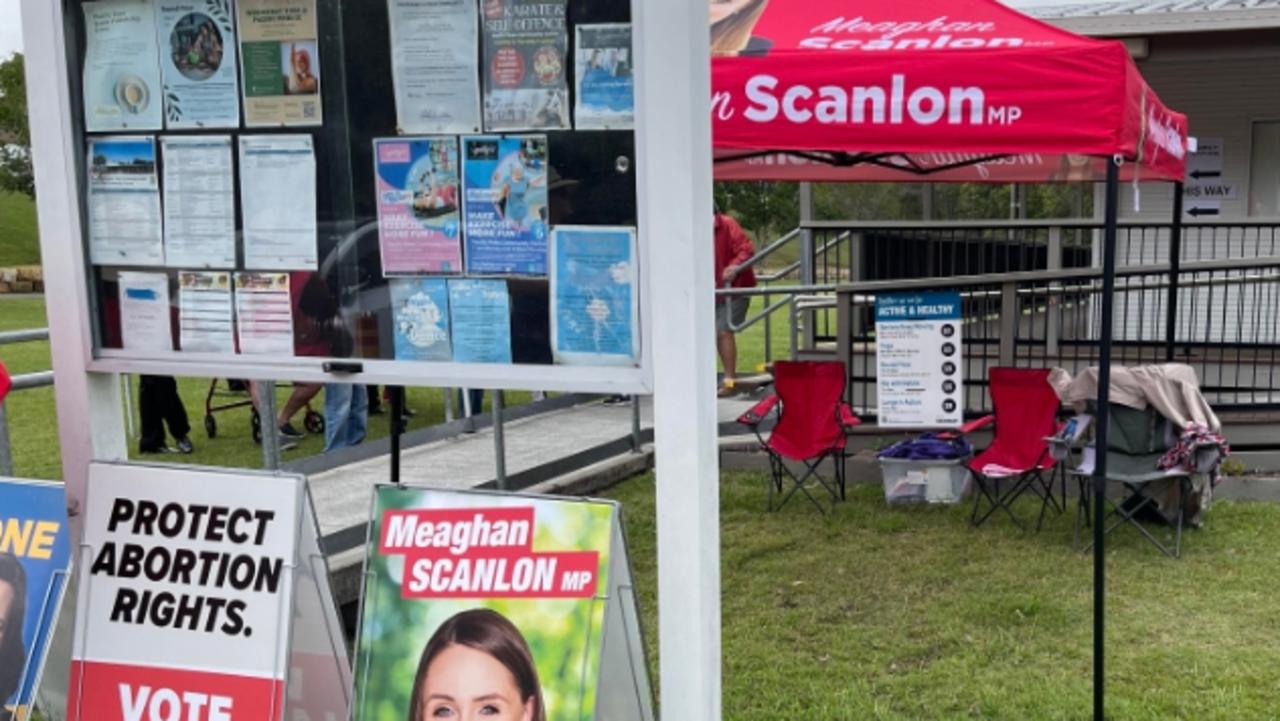Planning Institute of Australia’s Matt Collins: Spit Masterplan could be watershed moment for Gold Coast
The Gold Coast’s City Plan seems to be the source of argument, offence and vitriol. But Planning Institute of Australia’s Matt Collins has revealed a major change could be a watershed moment for the Coast.
Gold Coast
Don't miss out on the headlines from Gold Coast. Followed categories will be added to My News.
It seems all the Coast wants for Christmas is a City Plan we can agree on.
Instead, it seems these two four-letter words are outraging residents, even in this season of goodwill.
The Gold Coast’s City Plan may seek to be the tool that shapes us into a mature, world-class city, but it so far seems to be the source of argument, offence and vitriol.
While our southern suburbs search for solace and refuge from rampant development, and anti-light rail activists seek to derail the project in the hopes that it will tank future high-rise plans, it seems there is little prospect for peace in our city … especially for town planners.
But ’tis the season of hope.
And there is a star that could well guide our wise men (and women) of city hall in their quest to create a Coast that can cope with enormous growth, particularly given the projected post-Covid boom, without destroying our character and natural beauty.
And that star is called … the Spit.
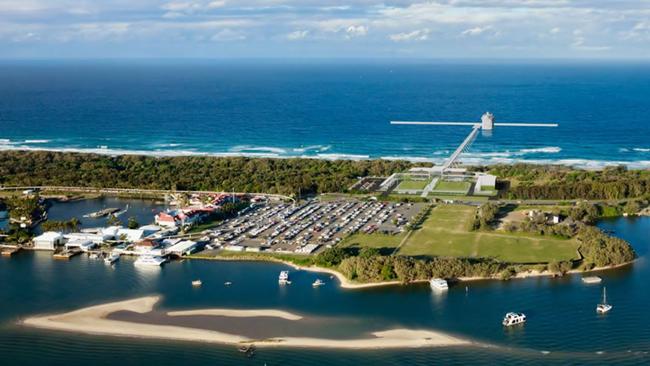
Fifteen years ago, a community group was formed called Save Our Spit, created in response to plans for a cruise ship terminal and associated private-commercial developments. Their fight grew as the plans expanded to include a casino, hotel, marina and more.
The Spit became ground zero in the battle for the future direction of the Coast, much as many see Palm Beach now.
Which makes it all the more remarkable that The Spit Master Plan won the Planning Institute of Australia’s 2020 award for public engagement and community planning.
Indeed, the national judges’ citation reads:
“From the outset, the challenge for The Spit Master Plan project was to deliver a plan that balanced the aspirations of a divided community, with the need to achieve a wide range of environmental, economic, social and cultural outcomes.
“This project utilised a broad range of methods and a bottom up, rather than top down approach which demonstrated the value of the community’s needs and aspirations. The master plan’s success is a product of good governance across all levels of government/private/community groups, planning excellence and a commitment to genuine community engagement.
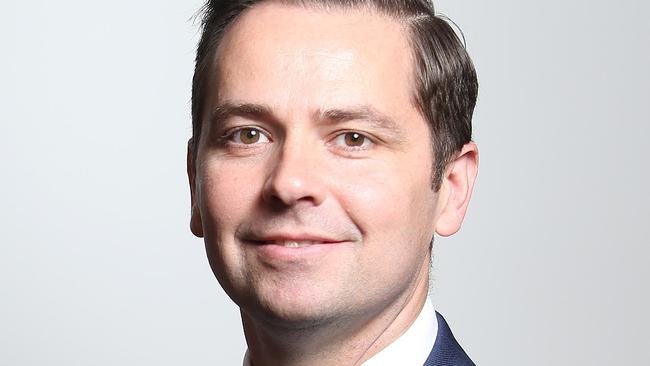
“The project particularly demonstrated the value of real community engagement and participation, with over 23,000 pieces of feedback generated, with participants and the Gold Coast community voicing their strong support following the release of the final plan … delivering a master plan developed ‘by the community, for the community’.
“This has overcome community scepticism, provided transferable lessons for planning for contested places and demonstrates the importance of planning to the wider community.”
In fact, PIA Queensland state manager Matt Collins says this master plan is not just a watershed moment for the Spit, but for the Gold Coast and town planning in general.
Matt says it is proof that there are solutions to even the most complex urban problems if stakeholders agree to communicate.
But he says public engagement is, ironically, proving a problematic issue on the Gold Coast.
“The Gold Coast is having the most active discussion about planning in the entire state – but it seems very polarised,” he says.
“High growth means a high level of change, and that is always difficult. Growth is only set to increase in the wake of COVID, already we’re seeing ‘pandemic refugees’ heading north to the Coast, so we need to be ready to handle this.
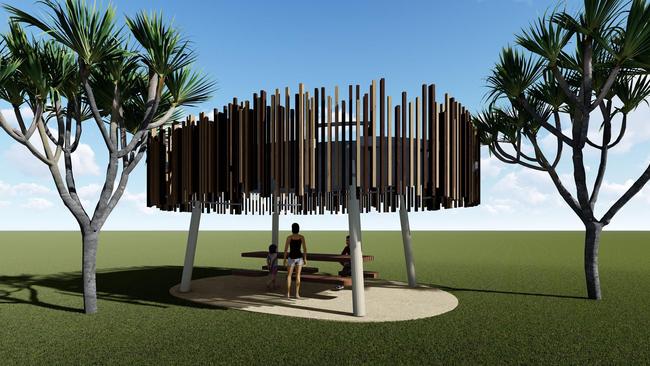
“Good planning can help navigate these difficult conversations about what we want the city to look like and understand that there may not be a solution that is everyone’s ideal. It needs to be a long, in-depth discussion and we need everyone involved – not just the usual suspects.
“I think that when it comes to arguments about density and high-rise developments, there is a sense of disenfranchisement in some areas where they feel like they aren’t being heard.
“But at the same time there is a sense from others that there could be some real missed opportunities here that could impact the future prospects for employment and the local economy.
“We can only find the right balance if we talk to all of the stakeholders – from government down to local residents.”
Matt says that with good planning, the Gold Coast can drive economic growth while also ensuring environmental goals and community aspirations.
He says while local members of the PIA have asked the body to become more active in these conversations, he could see value in circumspection.
He says it is not the role of planners to direct an outcome, but to ensure the community were included in the conversation.
“Rightly or wrongly, there is a lot of contention on the Gold Coast when it comes to the City Plan and town planning in general,” he says.
“Our members want us to play a more active role but we want to ensure we know what that looks like.
“There are far from homogenous views when it comes to the future of the Coast. But I think almost all agree that no one wants to see Surfers replicated up and down the coastline, and that the community wants suburbs to keep their distinct character. Those are key ingredients for successful cities, so already we have a starting point.”
Matt says the Gold Coast has grown to the point where more specific neighbourhood planning could help secure suburb character that residents desire.
He other booming regions in southeast Queensland have successfully adopted this local planning, including Brisbane, the Sunshine Coast and Ipswich.
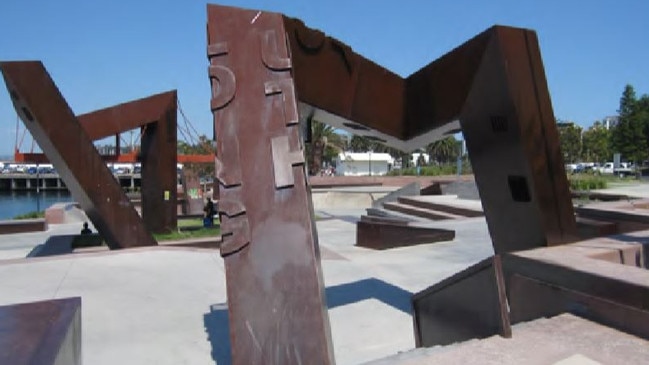
“In Brisbane, there are a lot of suburbs that actually have the right ingredients to trigger higher density and higher buildings but there are also large areas of traditional tin-and-timber dwellings, which the community quite rightly don’t want to lose because of the character and heritage it brings.
“Neighbourhood plans can protect those characteristics that make a suburb desirable, even when there is pressure to develop more.
“It is a question whether it is time for the Gold Coast to think about more neighbourhood-based planning. Sometimes elected officials worry this will mean more local debate, but when done well it can actually build support for change and deliver more certainty about the future of particular places.
“You don’t want all high-rise or no high-rise, you want a skyline that’s fluid and that offers a range of housing choices.
“The great thing about neighbourhood plans is that they can really reset the conversation. They allow more voices to be heard. In a way, that is what happened at the Spit and that was ultimately a win for the city.”
Matt says the Gold Coast is also being impacted by the two major factors affecting future town planning: post-COVID life and climate change.
He says both are significant concerns for the city, as well as becoming an issue around the world.
“When it comes to climate change, the Coast may be impacted by both sea level rise and bushfires. These are factors that have to be considered in all future developments, but also we need to think about what we can do to mitigate risk for what is already built.
“I think one of the clearest messages from the bushfire Royal Commission is that we need to get planning right to protect people and property, and there may be some difficult changes ahead.
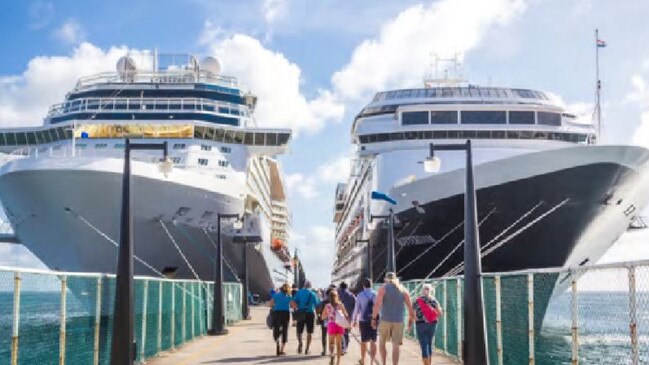
“When it comes to a post-Covid world, the increase in working from home, even if just part-time, has a real ripple effect.
“People may want more space even if they are in a unit, which could mean fewer units per building, which could mean more pressure for more land. Changing work patterns may also more increase demand for public transportation – people may not see the value of a vehicle if they only need it a few days a week.
“Covid has also shown us how much we value green space and parks. And, interestingly, that’s exactly what the Spit Master Plan delivers.
“When it comes to delivering the best in town planning, the power really should be with the people. It’s their city we are building.”
If Matt’s wish comes true, maybe the Coast is set for a true Christmas miracle … peace on our piece of earth.



